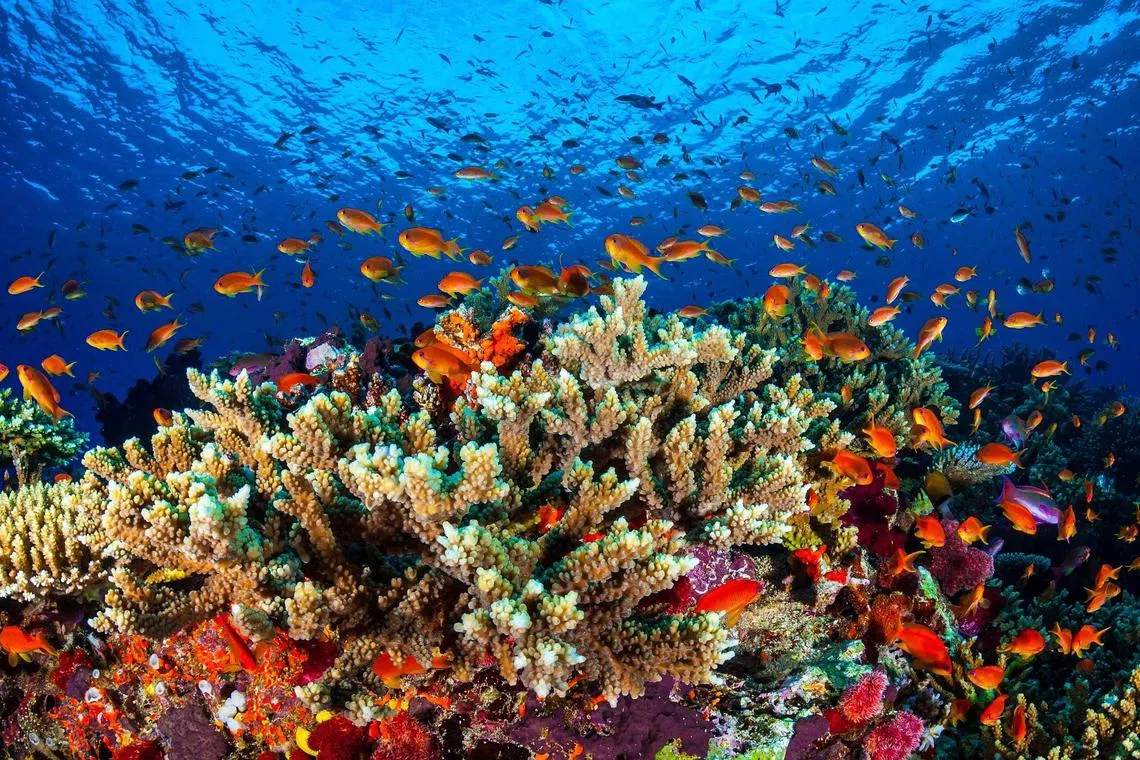Australia on track for upgraded climate reduction targets, government says
Sign up now: Get insights on Asia's fast-moving developments

Australia was for years an international laggard on efforts to prevent climate change.
PHOTO: AFP
SYDNEY - Australia is on track to meet recently beefed up climate action targets once a raft of new measures, including a A$15 billion (S$13.9 billion) national reconstruction fund, is implemented, the government said on Thursday.
Australia was for years an international laggard on efforts to prevent climate change.
But the recently elected Labor government has increased the target to reduce emissions to 43 per cent
Energy Minister Chris Bowen said on Thursday the target of a 43 per cent reduction in emissions would be hit once various proposals are implemented.
These include an electric vehicle strategy and the A$15 billion national reconstruction fund currently before parliament.
“I’m pleased with how much the government has achieved in our first six months,” said Mr Bowen in parliament.
“Pleased, but not satisfied. We have done a lot in a short time. But there is so much more to do.”
An inaugural climate change statement tabled by Mr Bowen on Thursday, which did not include those proposed policies, said that emissions were on track for a 40 per cent fall by 2030, slightly below target, assuming a series of reforms and targets still subject to consultation and design are implemented.
A baseline scenario, in which those reforms and targets are not implemented, would see a 32 per cent reduction in emissions, the panel said.
To stay on track for a target of net zero by 2050, Australia needs to cut emissions over the next eight years by a similar amount to what was it has cut over the past 18 years, the panel said.
Mr Bowen said the government would begin preparing plans to achieve net zero.
Transport, agriculture and land use are projected to contribute the most emissions over the decade as investment in renewable energy slashes emissions in the electricity sector.
Spain’s Acciona announced on Monday it would build a A$2 billion wind farm in the north-eastern state of Queensland, which aims to generate 70 per cent of power renewably by 2032. REUTERS


